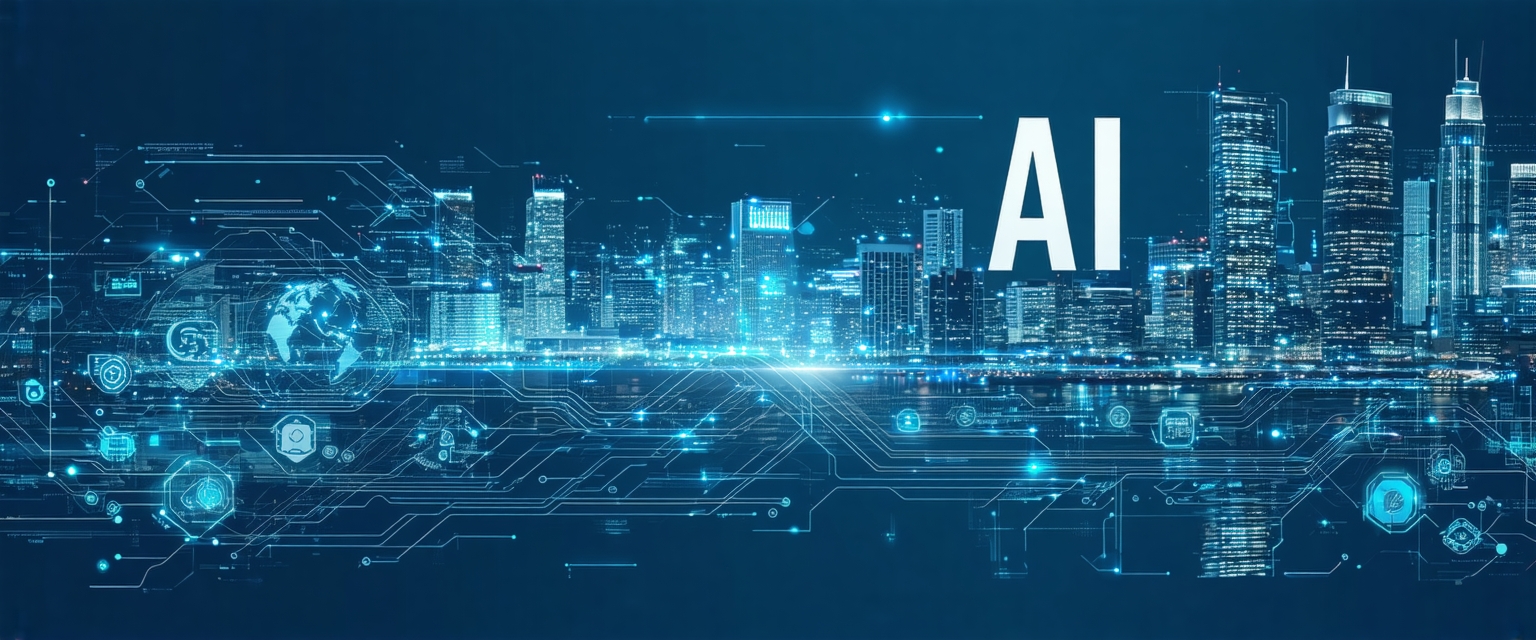






Artificial intelligence (AI) is rapidly transitioning from a futuristic concept to a transformative force reshaping industries and daily life. Its evolution, fueled by advancements in computing power and data availability, is ushering in both unprecedented opportunities and significant challenges.
The foundation of modern AI was laid decades ago with early research in machine learning and expert systems. However, recent breakthroughs, particularly in deep learning and the availability of massive datasets, have propelled AI to new heights. This has been further accelerated by the development of specialized hardware like GPUs, designed to handle the computationally intensive tasks associated with AI.
Generative AI models, capable of creating novel text, images, and code, are attracting significant attention. Large language models (LLMs) like GPT-4 and similar technologies are demonstrating impressive capabilities in natural language processing and generation. Meanwhile, advancements in robotics and computer vision are leading to more sophisticated and autonomous systems.
The integration of AI into various sectors is accelerating. From healthcare to finance, AI is being used for tasks such as disease diagnosis, fraud detection, and personalized customer service. This integration is also driving demand for skilled professionals across several fields.
According to a report by McKinsey & Company, AI could contribute up to $13 trillion to the global economy by 2030. However, this potential is accompanied by challenges. Experts like Fei-Fei Li, Professor of Computer Science at Stanford University, emphasize the importance of responsible AI development, focusing on issues like bias, fairness, and accountability. Concerns regarding job displacement and the ethical implications of autonomous systems are also prominent discussions within the field. A recent study by the Brookings Institution highlights the potential for AI to exacerbate existing societal inequalities if not implemented carefully.
The future of AI is filled with both exciting opportunities and potential risks. On the one hand, AI has the potential to solve some of humanity’s most pressing problems, from climate change to disease. On the other hand, concerns about misuse, bias, and job displacement require careful attention and proactive mitigation strategies. Further research is needed to address the ethical implications of increasingly autonomous AI systems. The development of robust regulatory frameworks will be critical in ensuring responsible innovation and preventing harm.
“`